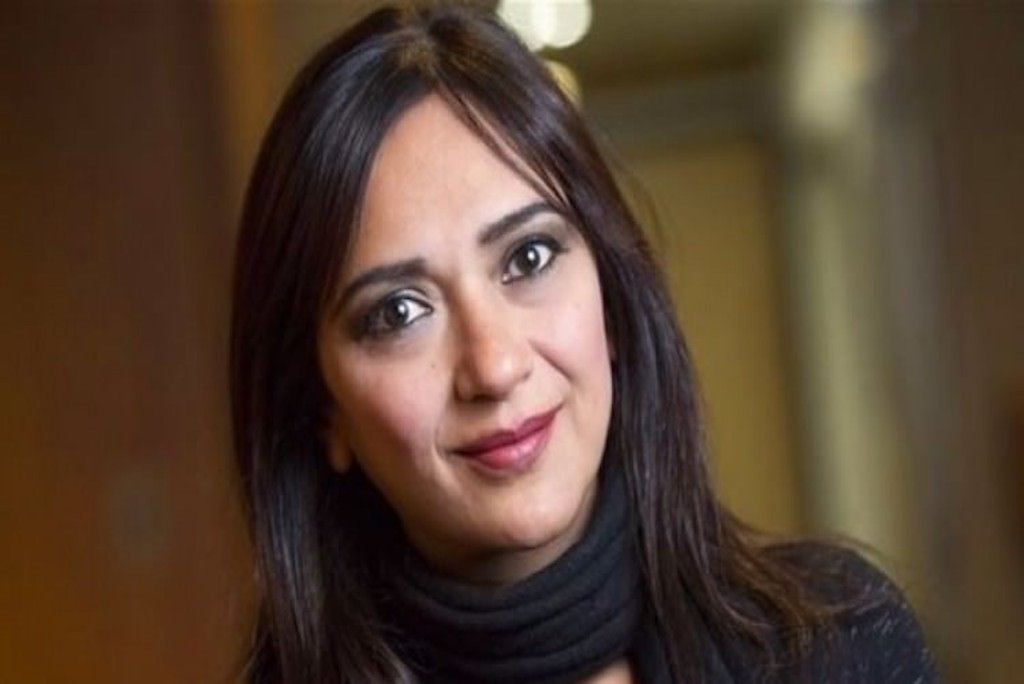
Michal Canina Geske, the daughter of a German Christian missionary murdered in a brutal 2007 attack in eastern Turkey, may be forced to leave the country after nearly three decades of residence, Turkish Minute reported on Friday, citing Deutsche Welle Turkish service.
Geske, 31, was 3 years old when she moved to Turkey with her family. Her father, Tilmann Ekkehart Geske, was one of three Christians killed at the Zirve Publishing House in Malatya, where the group was tied up, tortured and had their throats cut on April 18, 2007. The two other victims, Necati Aydın and Uğur Yüksel, were Turkish.
The murders fueled fear among Turkey’s small Christian minorities at the time and raised concern over rising nationalism and hostility toward non-Muslims in Turkey, a predominantly Muslim country seeking EU membership.
Despite the attack, the Geske family chose to remain in Turkey. Michal Geske studied at a university in Ankara and later worked as a teacher at a private school. She had lived under various residence permits, including a work permit and a student visa. After taking unpaid leave to complete her doctorate, she applied for a new student visa. She was told her residency would not be extended, according to DW.
Geske, who is preparing to defend her dissertation at Middle East Technical University (ODTÜ) in September, has filed a lawsuit through her lawyer, Orhan Kemal Cengiz, with the Ankara Administrative Court, requesting a stay and annulment of the decision on the basis of illegality and disproportionality.
“Of course, losing a father is difficult for anyone, under any circumstances,” Geske told DW, speaking about her father’s murder. “But there are bad people everywhere in the world. This terrible thing happened in Turkey, but as a family, we never blamed Turkey as a whole. We wouldn’t be here if we didn’t love the Turkish people.”
She said her decision to return to Turkey after spending a year in Germany following high school was deliberate.
“I love Turkey. I love living here. Financial standards are higher in Germany, but life is not just about that. My family and community are here,” she added.
Cengiz, who also represented victims in the Zirve trial, said, “Anyone else would have left the country immediately and worked against it. … But that’s not what happened here. On the contrary, these people did everything they could to stay and have fought hard to remain ever since.”
He added that instead of being removed, Michal should be protected and embraced by the state and society.
Following the diplomatic crisis over the detention of US pastor Andrew Brunson in 2016, Turkey quietly began denying residence permits to foreign Protestant clergy and missionaries, according to Cengiz. Though Brunson was released in 2018 under US pressure, Cengiz says Turkish authorities continued targeting Christian religious workers. Around 200 foreign Protestants and their families — totaling roughly 500-600 people — have reportedly been forced to leave, often labeled as national security threats.
Cengiz says that while the official justification for these deportations is typically framed as “engaging in activities against national security,” court records and legal defenses in constitutional appeals reveal that the real issue is missionary work. Since the 1971 closure of the Halki Seminary, Christian communities in Turkey have lacked institutions to train clergy, yet efforts to bring in foreign religious workers are often blocked. Despite constitutional and international guarantees for freedom of religion, Cengiz argues the government is effectively pursuing a policy to curtail the presence of Christian clergy, especially Protestants, under administrative and bureaucratic pretexts.














